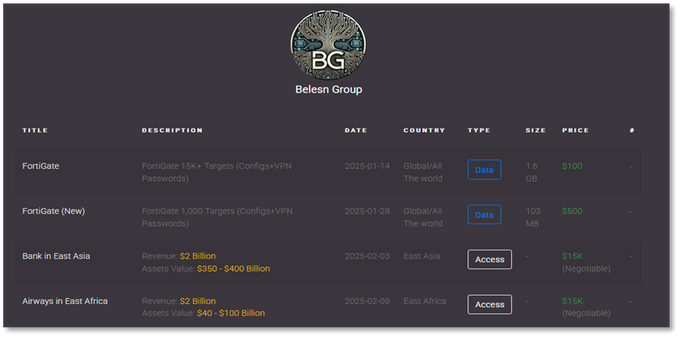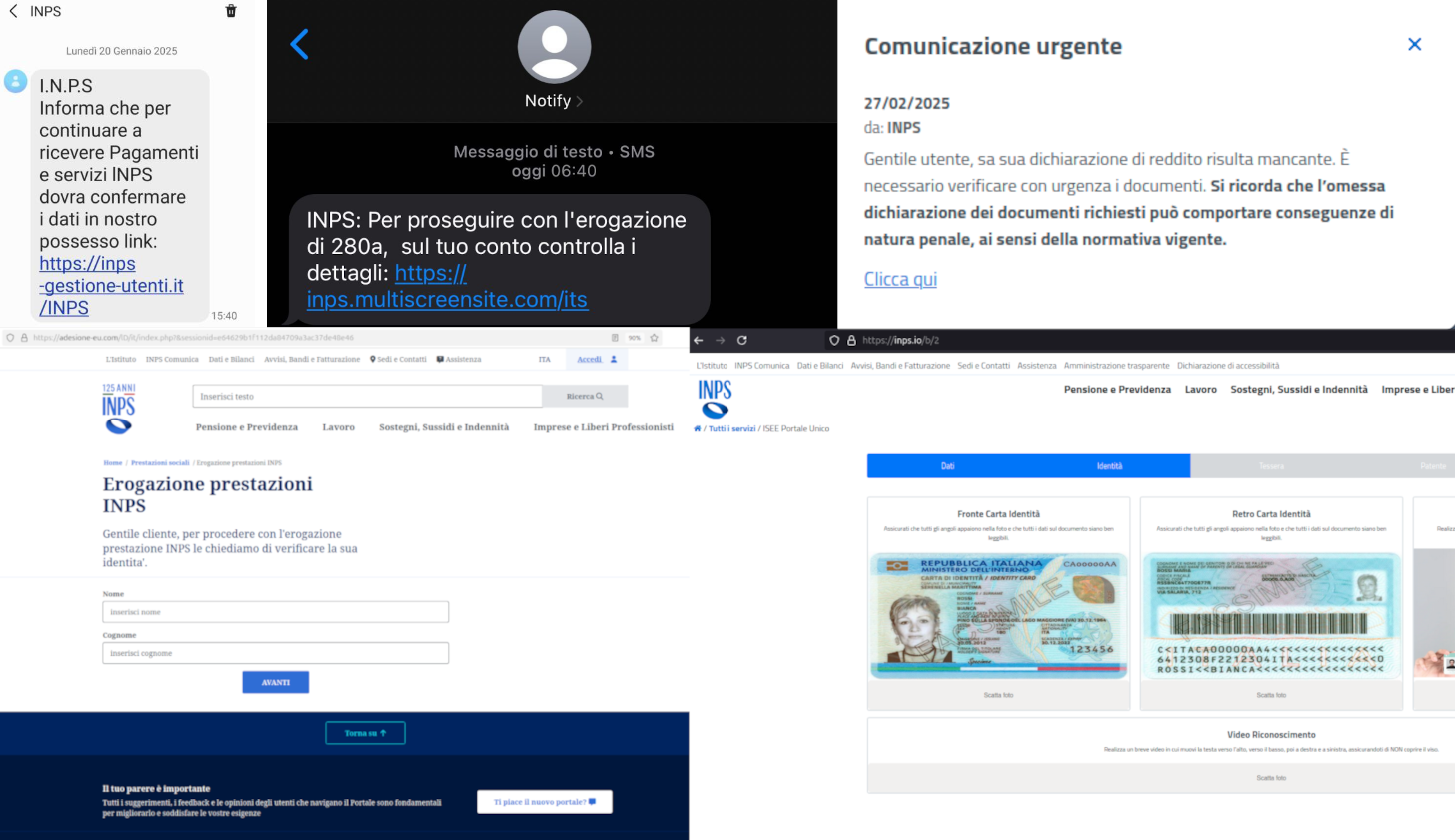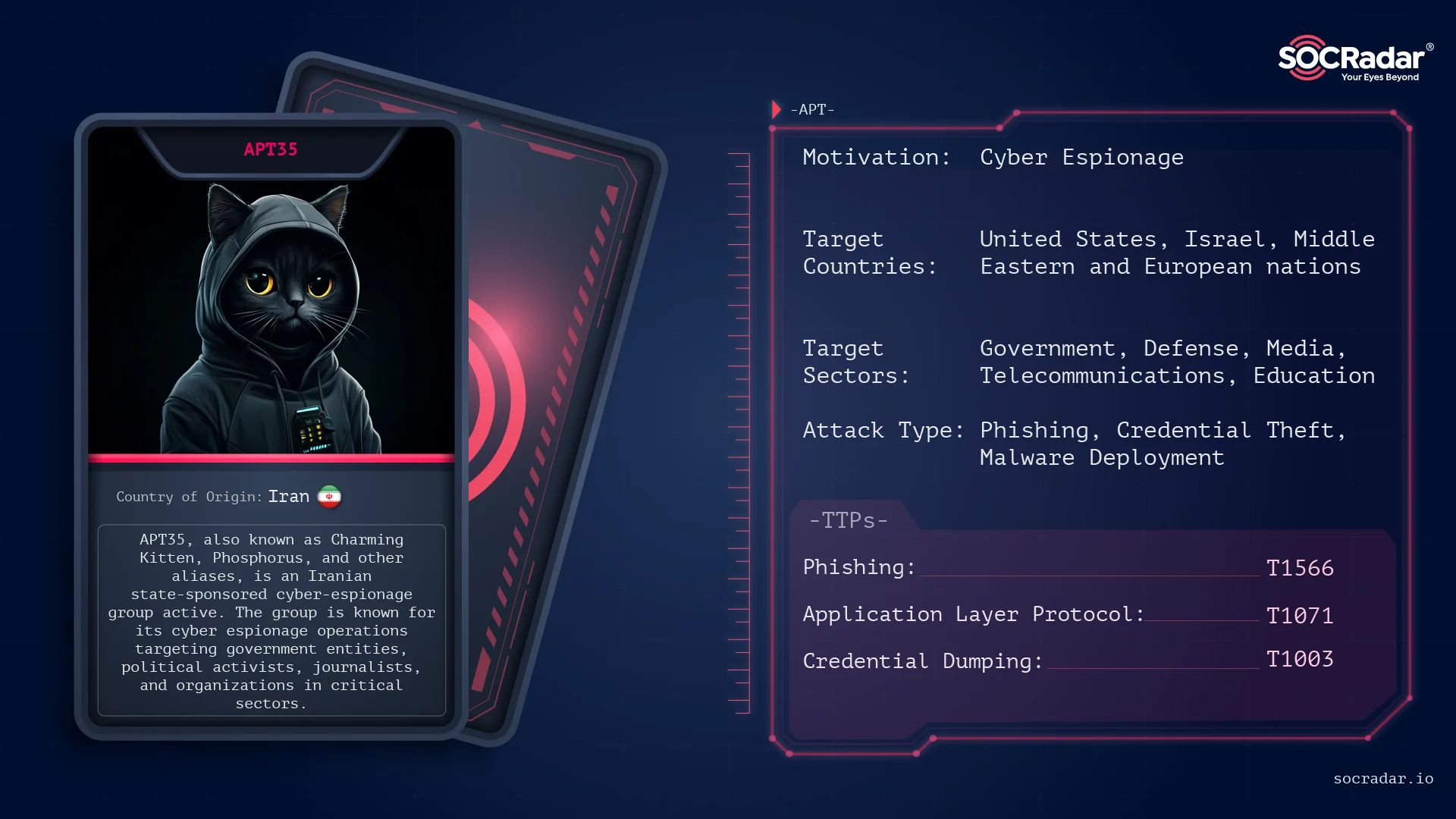
Summary: The state of Yap in Micronesia is currently dealing with a ransomware attack that has taken its government health agency’s computer systems offline. Officials are working with IT contractors to restore services and assess the damage, while assuring the public that health services will continue, albeit at a slower pace.…
Read More 
![Microsoft Warns of ClickFix Phishing Campaign Targeting Hospitality Sector via Fake Booking[.]com Emails Microsoft Warns of ClickFix Phishing Campaign Targeting Hospitality Sector via Fake Booking[.]com Emails](https://blogger.googleusercontent.com/img/b/R29vZ2xl/AVvXsEhM5jI8FVP1tzJaKIu8nlTdOmjGyA2IQAKVRihrTXOM7K3WCMjugET571ivv6PB_-jdsJPrBN7f34R9uF-8JohBpF8ZSey7ZTRmgdpQ8OZ9JwvpBAJujhuOH6zCidExabNOyw2uD7cCscTHAJtzEGLI4KHjHcUbvAunnpfIlm8HjBZVkXPBCCIguGoOfKCB/s728-rw-e365/storm.png)















